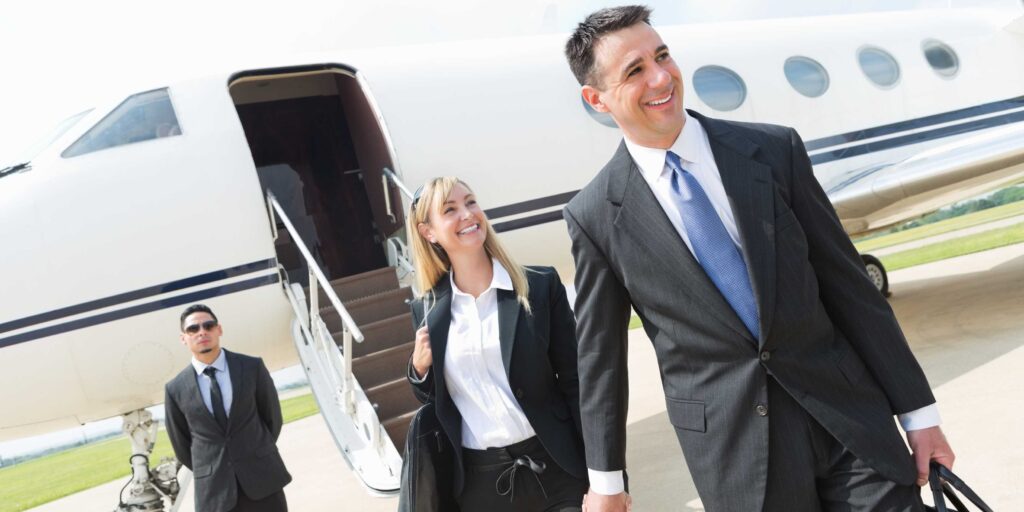Tag corporate travel
10 Jul
Why Premium Economy is a Better Option for Corporate Travellers
Most of us are probably all-too-familiar with the dreaded feeling of arriving at a destination with a kinked neck after spending 14 hours trying to get comfortable in economy class. Not to mention the added days it takes to recover from such injuries, coupled with a good bout of jetlag. That is why when travelling […]
READ MORE9 Jul
The Best Airlines To Fly With In 2024: Comfort, Price, Reliability & Travel Perks
The recently announced 2024 Skytrax World Airline Awards has us interested to know which airline really tops all when it comes comfort, price, reliability and travel perks? According to the Awards, which are based off a customer satisfaction survey covering a range of topics, Qatar Airways topped the list of best airlines, followed by Singapore […]
READ MORE1 Oct
What To Consider In A Corporate Travel Destination
Global events are once more returning to the corporate calendar. After a few years of turbulent travel experiences the world’s largest business conferences have returned once more, and with business owners prioritising convenience and accessibility more-so than ever, your corporate travel destination has never been more important. Every corporate event is different with different attendees […]
READ MORE31 Jul
A Comprehensive Guide to Establishing Effective Corporate Travel Policies
In the world of modern commerce, corporate travel plays a critical role in the growth and development of many organisations. From connecting with international partners to exploring new market opportunities, travel is a strategic tool. But to leverage it effectively, a straightforward and robust corporate travel policy is key. This guide explores the importance, components, […]
READ MORE25 May
The Exciting Prospects of Personalised Corporate Travel
Corporate travel has long been viewed as a necessary but often tedious part of doing business. Recent trends suggest corporate travel management is evolving beyond its traditional role, with a growing emphasis on personalisation and individualisation. By leveraging the latest technologies and strategies, travel agencies can now provide personalised corporate travel experiences tailored to […]
READ MORE17 Apr
Saving Money on Corporate Travel: Budget-Friendly Strategies
In today’s competitive business world, saving money on corporate travel is imperative for companies looking to reduce travel expenses without sacrificing productivity. Managing a corporate travel budget effectively can be challenging. With the right budget-friendly strategies from Pulse Travel and a focus on cost-saving measures, you can make the most of our readily available travel […]
READ MORE9 Mar
Personalisation in Corporate Travel
In today’s busy world, personalisation has become a powerful aspect of many industries, especially corporate travel management. Personalisation in corporate travel refers to being able to tailor travel to meet individual travellers’ needs and preferences within the parameters specified. With customised travel services, our corporate travel consultants can create unique travel packages for their clients. […]
READ MORE20 Dec
5 Tips For How To Plan A Business Trip
Any seasoned business traveller could tell you that a business trip’s success depends on how you plan it. Whether you’re a first-time traveller or a seasoned businessperson, business trips can be a whirlwind. You have flights to catch, business functions to attend, relationships to build and plenty of work to do while on the road. […]
READ MORESubscribe to get
Exclusive Deals, Holiday Specials and Travel Tips!
PULSE TRAVEL SERVICES
COMPANY INFORMATION
CONTACT INFO
12 Browning Street, South Brisbane, Qld Australia 4101
ATAS Accredited # A12558
Email: enquiries@pulsetravel.com.au














